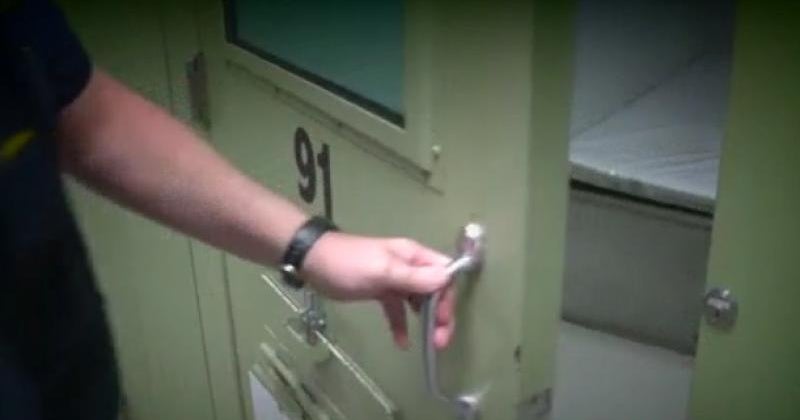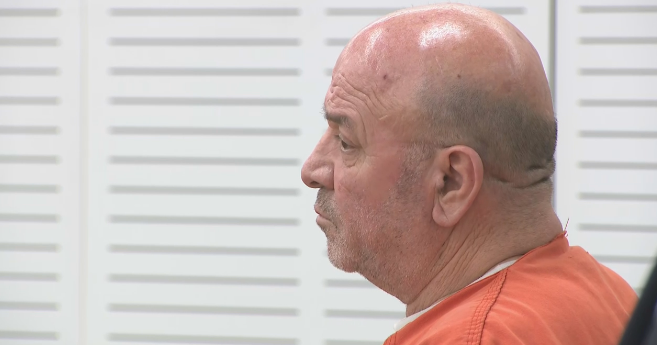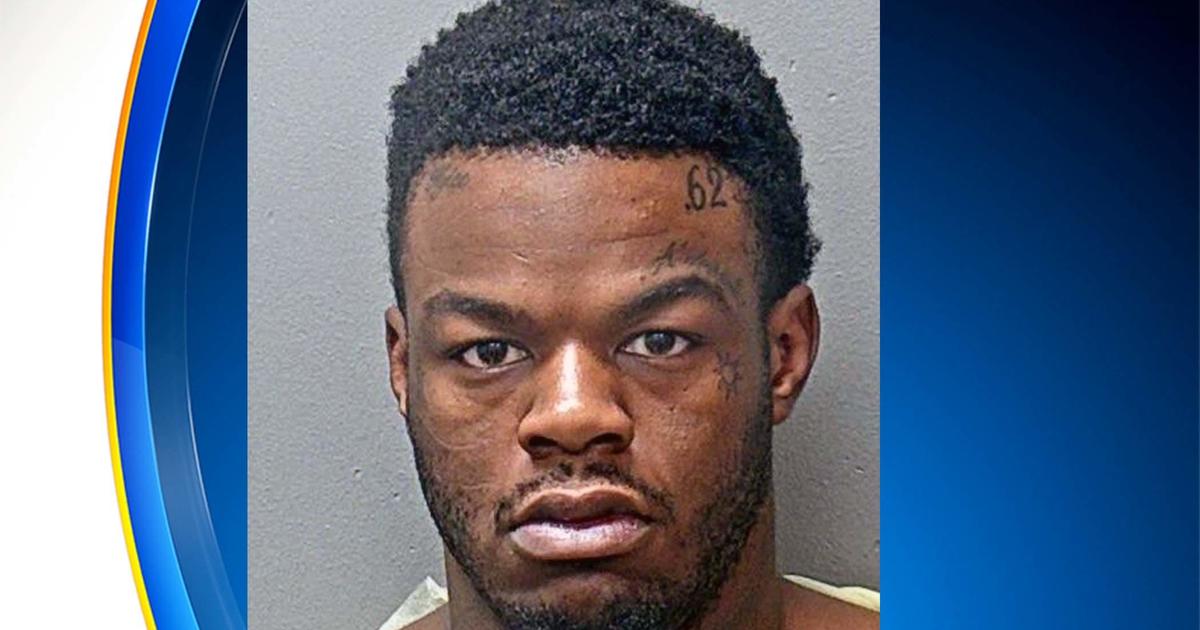Victor Pena convicted in 2019 rape, kidnapping of woman in Boston
BOSTON -- A jury found Victor Pena guilty of one count of kidnapping and 10 charges of rape in a Boston courtroom Tuesday. Jurors deliberated for a few hours after hearing closing arguments that morning.
Pena was not present in court as the verdict was read. He listened through a live stream.
Sentencing will take place on August 1. Pena faces up to 10 years for the kidnapping charge and up to life for each rape charge.
"We are happy with this verdict, our hearts continue to be with the survivor in this case. We've been with her throughout it and we continue to be with her as she journeys on in life knowing that the road to survivorship is a constant one. She was more than a survivor, she was an overcomer," said Suffolk County District Attorney Kevin Hayden outside court. "The testimony of the survivor in this case is what made all the difference."
"I'm always dumbfounded when somebody who has experienced this is even willing to talk about it with us for 10 minutes let alone go through a three-and-a-half-year process. She is the hero here," said Assistant District Attorney Ian Polumbaum after the verdict was read.
During closing arguments, defense lawyer Lorenzo Perez argued Pena had a mental defect and should be found not guilty by lack of criminal responsibility. He asked the jury to treat a "long-term problem with a long-term solution" by sending Pena to Bridgewater State Hospital.
Polumbaum showed jurors some evidence photos again and said Pena knew what he was doing was criminally wrong. He called Pena self-servicing, self-gratifying, sadistic, opportunistic, targeted, predatory, and violent.
Perez criticized testimony from forensic psychologist Dr. John Young, saying it was not thorough enough. Young, who the prosecution brought up on Monday, told the court that he does not believe Pena has a major mental illness but he heavily doubts how accurately Pena can recall historical events and psychological symptoms.
The defense described Pena as a man who was depressed because his mother died, would talk in circles, had a filthy apartment, sucked his thumb as a grown man, and would argue with anyone.
"You heard Mr. Pena testify yesterday. If you were playing a game of 'Where's Waldo?' and you had to decide who if anyone in the entire courtroom possibly suffers from a mental defect, who would that be?" Perez asked the jury.
The alleged victim didn't comply because Pena had a weapon, the defense argued, she complied because "[Pena] is psychologically unstable and she sees that. She has darn good reason to fear the volatility, the unpredictability... his mental defect was scarier to her than a gun or a knife in this scenario would have been."
Assistant District Attorney Ian Polumbaum said, "We can agree on twisted, unusual, maybe even agree on crazy in the colloquial scene as in 'that's some crazy stuff this guy did' but not in the legal sense. Not in the lacking criminal responsibility and accountability sense."
According to Polumbaum, Pena rationalized his behavior with the alleged victim by telling her he rescued her and rationalized it to the jury by saying the woman was the aggressor.
"He knew what he was doing," said Polumbaum. He argued Pena's testimony showed his ability to speak coherently and pointed to his understanding that there is a legal age of consent and there are legal implications related to a warrant he mentioned.
Polumbaum argued Pena took away her clothes, boots, and cellphone, but he willingly changed his behavior when the police arrived.
"The evidence is that he committed these crimes. The evidence is that he didn't have a mental defect, let alone one that would make it possible for him to appreciate what he was doing was wrong."







